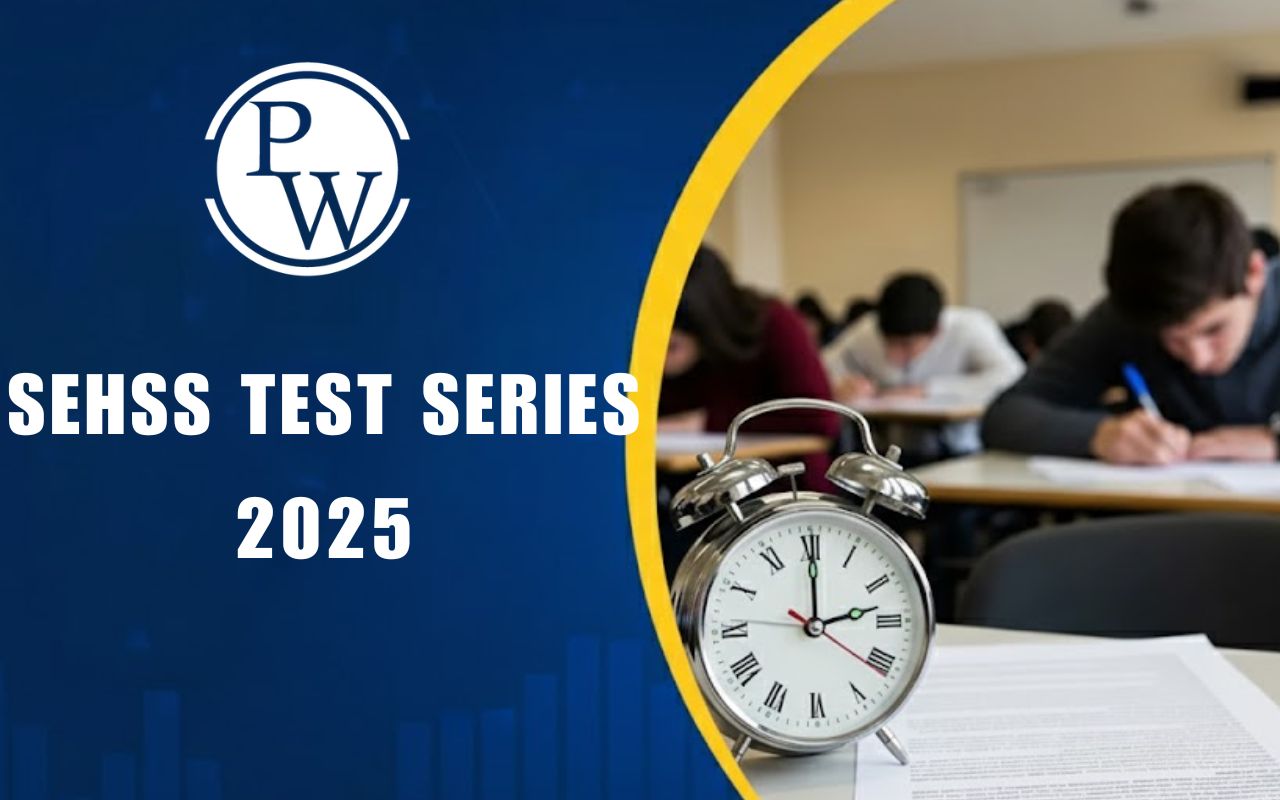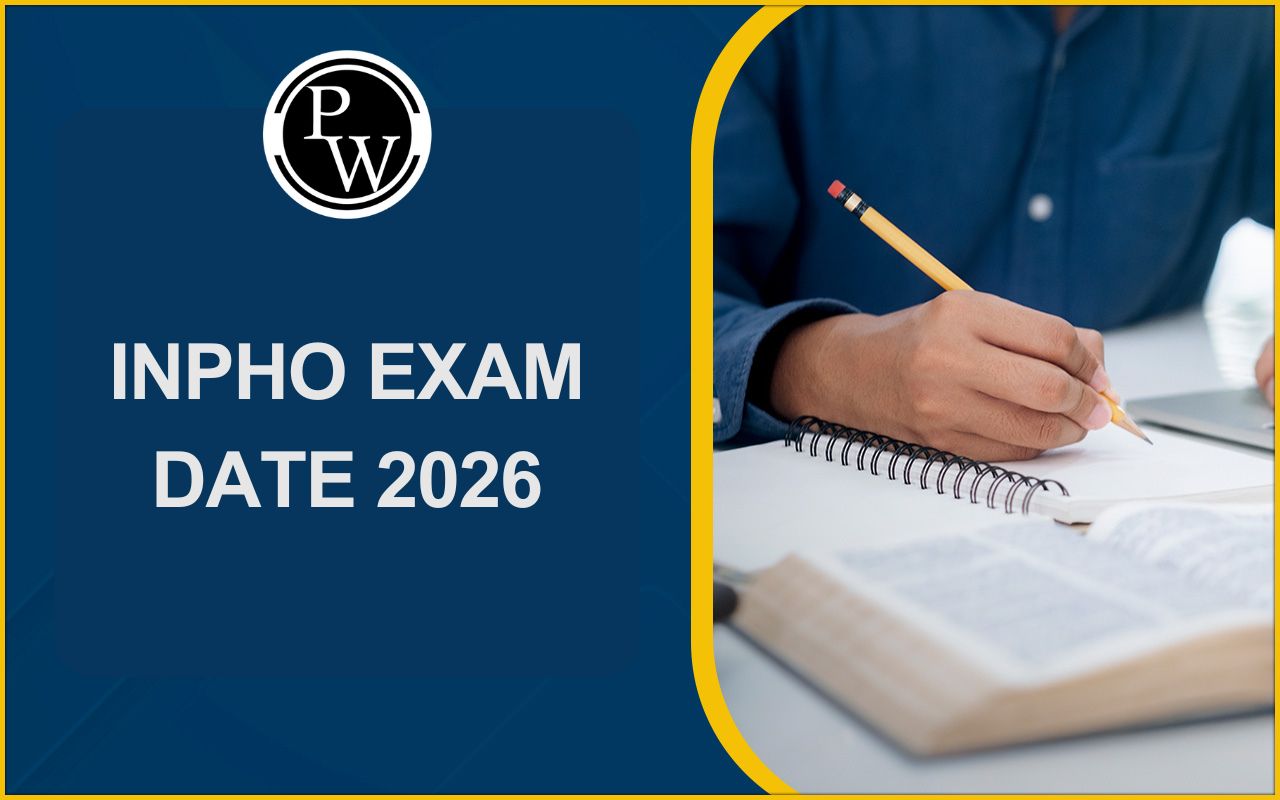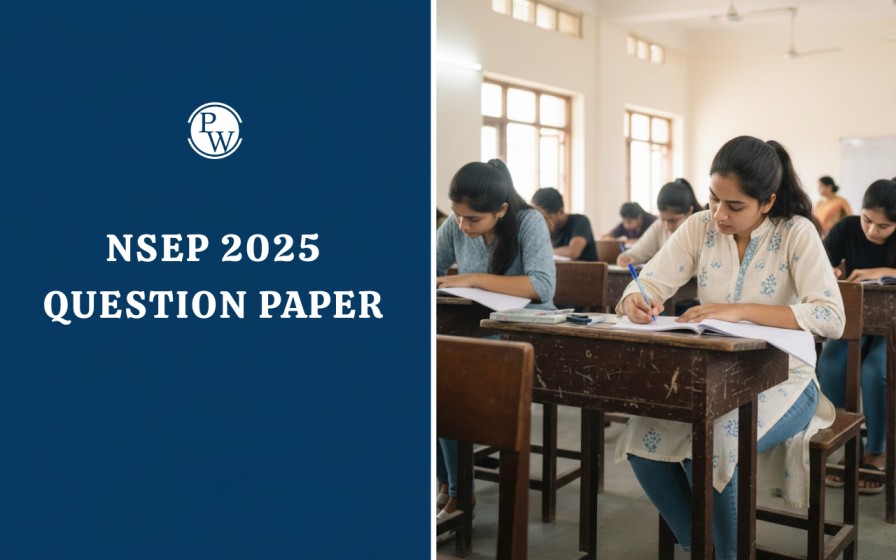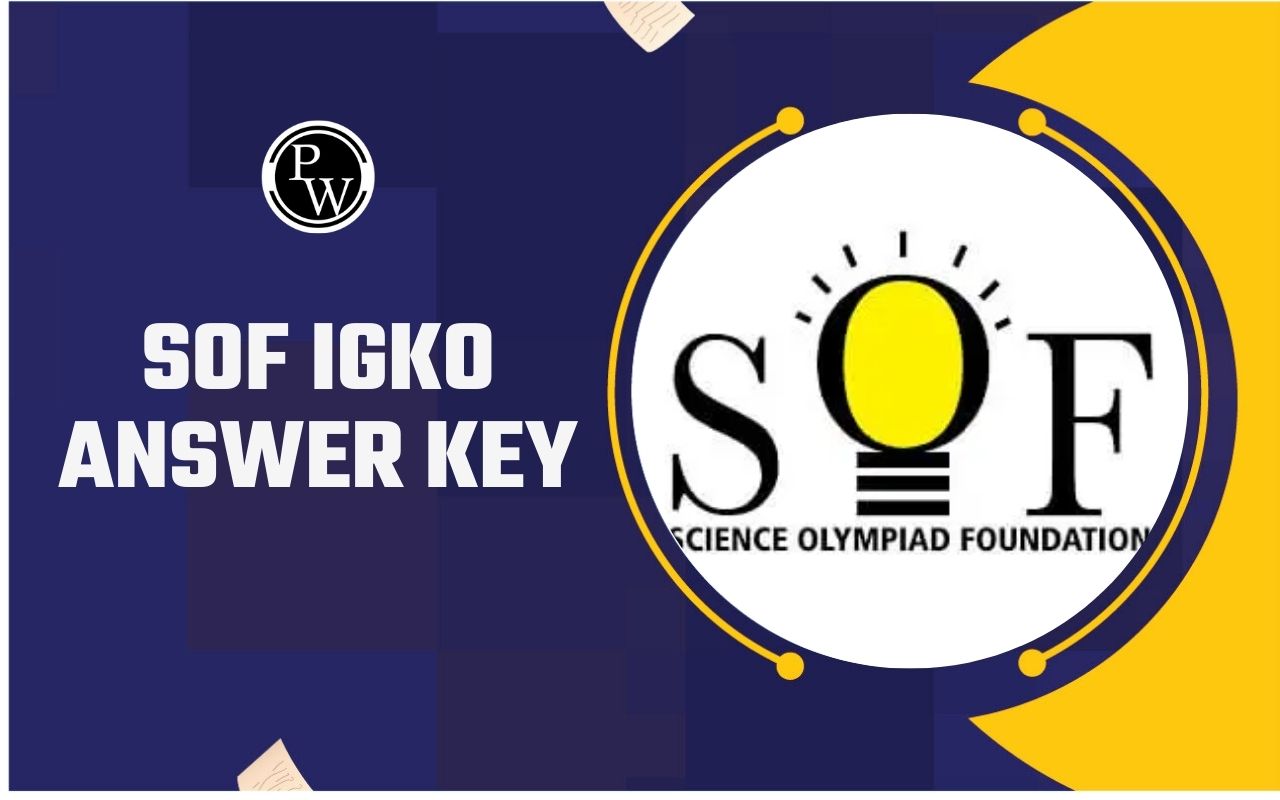
Preparing for the National Science Olympiad requires a combination of understanding the syllabus and exam pattern, studying fundamental concepts, practicing extensively with quality materials, and maintaining a disciplined study routine.
Following Faculty guidance, group studies, and practice mock tests further enhances readiness. Staying healthy and confident rounds out a holistic preparation strategy and an answer for How to Prepare for National Science Olympiad.
For the Academic Year 2025, the NSO Olympiad is going to be held on 13th, 27th November 2025 and 11th December 2025 and it is high time to induce your preparation tips.
Also Read: SOF Olympiad Exams 2025
NSO Exam Pattern 2025
For Classes 1 to 4:
Logical Reasoning: Total 5 marks (5 questions, 1 mark each)
Science: Total 25 marks (25 questions, 1 mark each)
Achievers Section: Total 10 marks (5 questions, 2 marks each)
Total: 35 questions, 40 marks
For Classes 5 to 10:
Logical Reasoning: Total 10 marks (10 questions, 1 mark each)
Science: Total 35 marks (35 questions, 1 mark each)
Achievers Section: Total 15 marks (5 questions, 3 marks each)
Total: 50 questions, 60 marks
For Classes 11 and 12:
Physics & Chemistry: Total 25 marks (25 questions, 1 mark each)
Mathematics/Biology: Total 20 marks (20 questions, 1 mark each)
Achievers Section: Total 15 marks (20 questions, 1 mark each)
Total: 50 questions, 60 marks
Also Read: SOF Olympiad Syllabus 2025
How to Prepare for NSO 2025?
Understand the NSO Syllabus and Exam Pattern
Begin by thoroughly reviewing the National Science Olympiad Syllabus for your respective class. The NSO Syllabus generally includes topics from Physics, Chemistry, Biology, Mathematics, and General Science.
Familiarize yourself with the NSO Exam Pattern
The National Science Olympiad consists of 50 questions for classes 5 to 12t to be answered in one hour, divided into sections such Science, Logical Reasoning and Achievers’ Section.
Knowing the pattern helps in strategizing your preparation and managing time during the exam.
Build a Strong Foundation by Studying the Basic Concepts
Focus on understanding fundamental concepts in each subject area since NSO Olympiad questions often test basic scientific knowledge with a twist.
Use your school textbooks (CBSE, ICSE, or state board) as the primary source of study, supplemented by Olympiad-specific books that provide practice questions and detailed explanations.
Use Quality Study Materials and Resources
Invest in well-structured study materials like NSO preparation guides, workbooks, and NSO previous years’ question papers, NSO Sample Papers
Books that combine theory, practice questions, and model test papers are especially helpful.
Online platforms like Olympiad Wallah and PW App offering live classes, doubt clearance, and mock tests can provide faculty guidance and interactive learning experiences.
Practice Regularly with NSO Sample Papers and Mock Tests
Solve previous years’ NSO question papers and sample papers to get accustomed to the question types and difficulty level.
Take online mock tests to simulate the exam environment, improve time management, and identify weak areas for focused revision.
Regular practice builds confidence and sharpens problem-solving skills.
Create a Consistent Study Routine
Design NSO Study Plan that balances schoolwork and Olympiad preparation, ensuring steady progress without burnout.
Include time for revision, practice, and rest to maintain overall well-being and focus.
Make Quick Notes and Revise Methodically
Note down important formulas, facts, and concepts in quick notes for easy revision.
Periodically revising the topics to reinforce your understanding and retention, which is key to performing well in competitive exams.
Join Study Groups or Seek Guidance
Collaborate with students preparing for NSO Olympiad to discuss difficult concepts and share problem-solving strategies.
Consider enrolling in coaching classes or online courses specifically designed for Olympiad preparation to get expert insights and structured learning.
Stay Updated and Maintain Good Health
Keep abreast of recent scientific developments as some questions may relate to current discoveries.
Maintain a healthy lifestyle with proper diet, exercise, and sleep to ensure optimal concentration and performance during preparation and on exam day.
Build Confidence and Stay Positive
Believe in your preparation and stay calm during the exam.
Confidence helps in tackling challenging questions effectively and reduces exam anxiety
Also Read: International Junior Science Olympiad 2025
Time Management Tips for NSO Olympiad Preparation
Preparing for the National Science Olympiad (NSO) necessitates efficient time management to complete the syllabus on time, practice, and revision. Below are some specific suggestions to manage time to enhance your NSO preparation:
1. Design a Study Schedule
Create a detailed timetable allocating specific time blocks to each topic in the NSO syllabus. Make sure to include sessions for learning theory, practicing problems, and revising material.
2. Prioritize Topics Strategically
Rank topics according to their importance and your level of understanding. Concentrate first on the most critical and difficult areas.
Use the ABC prioritization approach:
A: High-priority subjects (e.g., Mechanics, Electrodynamics)
B: Medium-priority subjects
C: Low-priority or topics you have already mastered
3. Break Topics into Smaller Sections
Split broad topics into smaller, manageable subtopics. For example, study concepts like Work-Energy or Gauss’s Law individually to make learning more structured.
4. Apply Effective Study Methods
Adopt the Pomodoro technique—study for 25 minutes, then take a 5-minute break. Repeat this cycle to maintain concentration and prevent fatigue. Also, set specific timeframes to complete tasks such as solving previous years’ NSO papers.
5. Minimize Distractions
Limit social media use and avoid unnecessary leisure activities during study time. Create a calm, quiet, and distraction-free environment to enhance focus.
6. Practice Mock Tests Regularly
Taking mock exams frequently helps simulate the actual exam conditions, improving speed and accuracy. Dedicate fixed slots to solving past NSO question papers and numerical exercises.
7. Stay Organized
Keep your study materials neatly arranged to avoid wasting time searching for resources. Utilize digital tools like task management apps or calendars to monitor your progress efficiently.
8. Maintain Good Health
Ensure you get 7–8 hours of sleep, engage in regular physical activity, and eat balanced meals to keep your energy levels high. Incorporate short breaks during long study sessions to relax and recharge.
How to Prepare for National Science Olympiad FAQs
How to prepare for the National Science Olympiad exam?
What is the date for National Science Olympiad Exam?
How to manage time for NSO Olympiad Exam?
What subjects are included in National Science Olympiad?
What are the common mistakes to be avoided while preparing for the NSO Exam?










